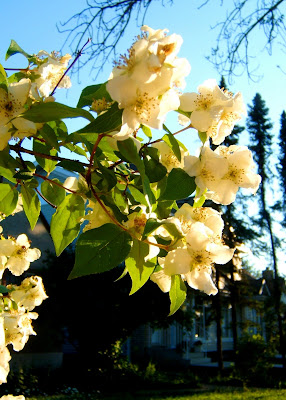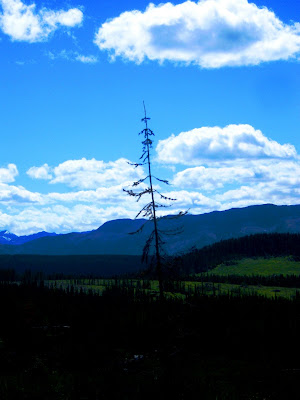 ashberries, hanging in the river valley (taken a few weeks ago)
ashberries, hanging in the river valley (taken a few weeks ago) (ice lilies freezing up on the north saskatchewan, taken a few weeks ago)
(ice lilies freezing up on the north saskatchewan, taken a few weeks ago)Something I've been thinking about a lot lately is those moments where everything seems to fall into place & you know that what you are doing right then is exactly what you are supposed to be doing... those moments when everything is flowing, & you don't even really understand why, or how, it all got this way, because maybe there were a lot of tumultous or troublesome things, or even just the most subtle, unnoticable things... but somehow, you got here & you know you are exactly where you are supposed to be, doing exactly what it is you know you should do.
It's about feeling synchronous & connected, because so many things had to come together, an infinite number of things, really, for this to all fall into place. & I suppose this is really how I understand fate, or destiny -- it's not predestination, not a predetermination, as such, but just an understanding of how everything is unified, and connected. & those moments where you know, you feel a sense of visceral connection, are like little enlightenments (as in Buddhism -- being able to see the entire intricate infinitesimal web of things, all at once).
Rainer Maria Rilke wrote in Letters to a Young Poet:
'Destiny itself is like a wonderful wide tapestry in which every thread is guided by an unspeakably tender hand, placed beside another thread, and held and carried by a hundred others'
I don't think that tender hand comes from anything outside of ourselves -- we are the ones who guide ourselves (as much as we are ever ourselves, as part of something greater than us) & weave ourselves in alongside so many other threads... & I just find myself constantly comforted when I experience those clear moments where I realize where I am right now amidst those nets of connections, & those inexpressible little pulls & tugs on the web that ground me, reassure me that I am doing exactly what I should, right here, right now.
Palaces and stormclouds
The rough straggly sage and the smoke
And the way it will all come together
In quietness, and in time...
-- Joanna Newsom, 'En Galop'

















































